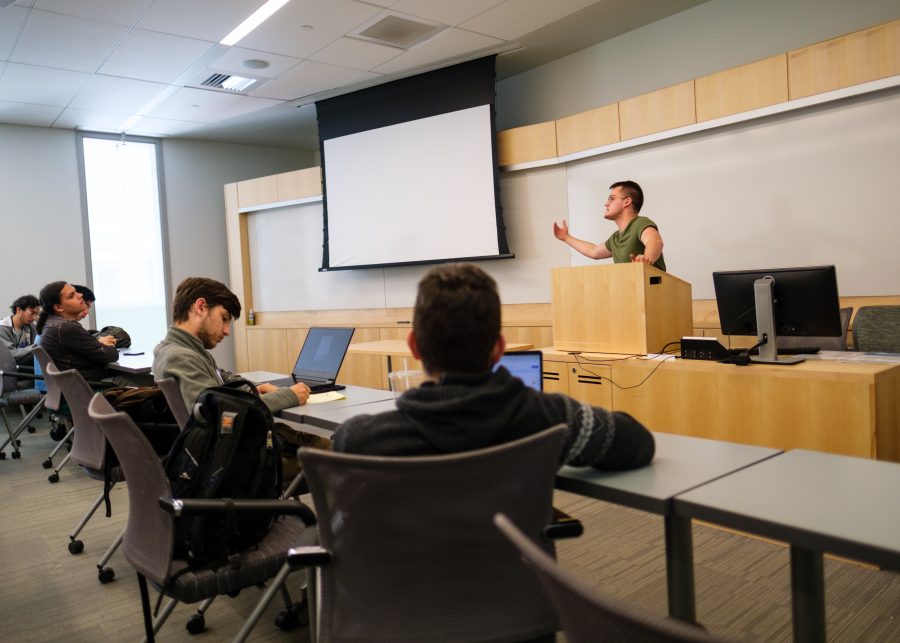There is something that has been on my mind for a while now, and I think it’s time to get it off my chest. As the opinions section editor, I am often stuck between two mandates—my as-written job requirements and my journalistic ethics. I have to both express my opinion on at least two topics per week and be confident that my opinions are fair, balanced and defensible. That is not easy; as such, I am extremely wary of falling into the all-too-easy trap of manufacturing opinions on topics that I really don’t know enough about to have a well-reasoned opinion on. This is why I tend to stick to topics I have personal experience with or a working knowledge of.
To do otherwise is ethically wrong and dangerous. People like Tucker Carlson and Laura Ingraham are the perfect warning against “manufacturing opinions” on topics that they simply don’t care enough to understand—or if they do understand them, they craft exaggerated, unfair takes to rile up their viewers. Their incessant, bad-faith posturing on every conceivable social and political issue, no matter how small and insignificant, is actively ripping apart the fabric of society. Opinion editors are perpetually poised on a knife’s edge in this regard; hot takes and chaos are what attract readers, and the feedback they command is admittedly addictive. This is why I feel that I need to keep this section fair and balanced.
This leads me to my point—it’s okay to not have an opinion! Look, it’s always a good idea to do a little research into issues you don’t know much about, especially if you’re going to be voting on it. But many issues are incredibly complex, and misinformation, bias and manipulated data are everywhere. Not everyone can have a deep working knowledge of every issue. Most people understandably choose just a few that are particularly important to them to keep well-informed of, and choose to follow the lead of trusted advisors for everything else.
There is nothing wrong with this at all. It can often be easier to vet an individual’s credentials and ability to have an informed opinion on a topic than to research and understand a topic all by yourself—especially with very technical topics. But even beyond that, there are countless issues that come in and out of our awareness which we simply do not have the brain power to store in our minds all at once. Saying, “I don’t know enough about this topic to have an opinion” or “this topic is very complex, and it is difficult for me to decide between the different sides” is not a weakness; it’s a sign of wisdom, maturity and good sense.
Of course, some issues are so important that everybody really should have an opinion on it—as long as it’s relevant to your country or culture, that is. But even in these cases, saying “I don’t know enough to have an opinion,” during a discussion, is infinitely better than making up an opinion based on very little information or blindly going along with someone if you truly don’t understand the issue. Similarly, viewing issues solely through an ideological lens without actual data to back up your position is highly problematic. When faced with this realization on important issues though, it is crucial to inform yourself with some basic research; listen to people on each side give their arguments, look at some relevant—and reputable—data, look for expert opinions and more.
I know philosophy may not be everyone’s favorite subject, but that dude Socrates had it right when he said, “I am the wisest man alive, for I know one thing, and that is that I know nothing.” Sometimes we need to admit our shortcomings in knowledge instead of projecting a false sense of confidence about things we may not understand fully. As students, we are the future, and the future would surely be better with a bit more wisdom.

